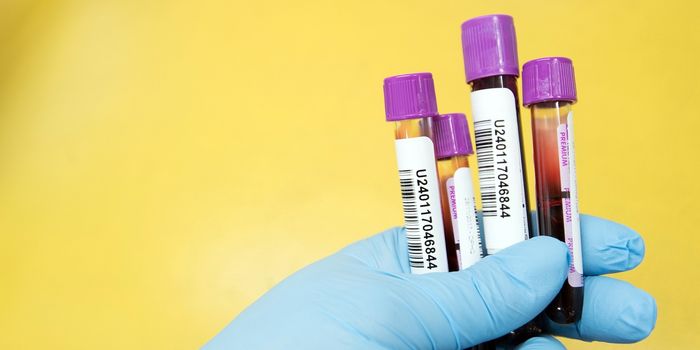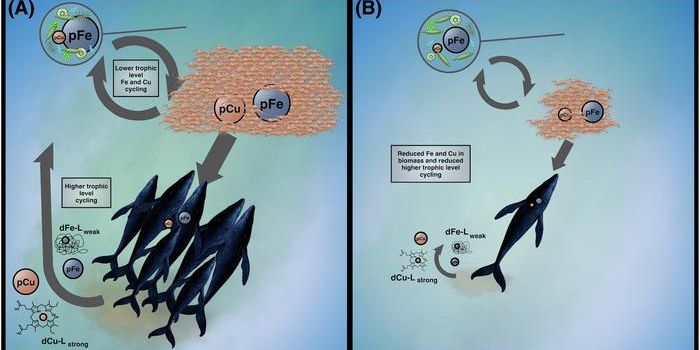New Tech Simulates Photosynthesis, Produces Food Without Sunlight
Developed over millions over years, photosynthesis is a trademark process plants use to thrive and survive. Using sunlight, plants are able to convert the energy in sunlight into food they can use to grow. However, only a tiny fraction of the energy in sunlight actually makes its way to a plant.
New research from a University of California team demonstrates new technology that could remove the need for plant photosynthesis altogether when growing food, creating the nutrients plants produce through photosynthesis in an artificial way. The new technology is described in a recent paper published in Nature Food.
The technology is an electrocatalytic process. During this process, electrolyzers were used to take carbon dioxide, water, and electricity and produce acetate. The carbon in the acetate can then be consumed by plants to help them grow. Powered with solar panels, the technology could allow for a more energy-efficient production of food for plants.
Not cool enough? Plants can consume acetate in the dark and still thrive. Basically, they no longer need the sun to grow.
Researchers tested their artificially-produced acetate on various different plants, including algae and yeast. They also tested whether this technology could be advantageous for certain crops. They found that crops like tomato and rice could thrive in the dark while being fed artificially-produced acetate.
So what does this all mean?
It’s no secret that our environment is under siege by climate change. More severe droughts, flooding, and the many other results of human-caused climate change pose challenges for the production of food. That, coupled with global insecurity due to war and conflict, increases the risk that many people will struggle with food insecurity and not have enough to eat. The ability to grow plants anywhere, absent viable land to grow them on, could be a game changer.
Ultimately, crops to feed people could be grown more efficiently anywhere in the world. This could also ease the effects of agriculture on climate change and the environment.
Sources: Science Daily; Nature Food








